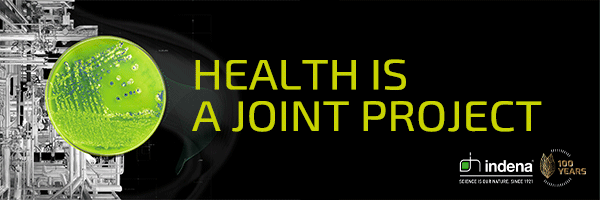Pharmaceuticals
New project to transform biologics manufacture 2nd February 2018
The Centre for Process Innovation (CPI), the UK’s technology innovation provider for process manufacturing, today announced that it is in the final stages of a BBSRC-funded collaboration project with the University of Edinburgh’s Roslin Institute, to transform the way in which valuable proteins are manufactured for research, veterinary and human health. The project, hosted at CPI’s state-of-the-art National Biologics Manufacturing Centre, aims to develop commercially viable and scalable methods to produce biologics in transgenic animals, which will enable the production of cost-efficient, highly pure, biologically active therapeutic proteins.
Therapeutic protein drugs are an important class of medicines serving patients most in need of novel therapies, particularly chronic diseases, immune disorders and cancers. Typically, these types of therapies are often very costly to produce as they are usually produced in cell culture bioreactors, which can be expensive and are associated with numerous disadvantages, including low yield and solubility problems. For this reason, the use of alternative approaches such as utilising natural biological systems has been widely explored in recent years.
The Roslin Institute has a long-standing project working to develop therapeutics proteins using genetically modified chickens that can express different recombinant proteins in their egg whites. One system that has been successfully developed at lab scale is a transgenic chicken expressing the CSF1-Fc protein in its egg white; this is a protein that is present in all mammals with great potential use in agricultural production to naturally improve the immune system of pigs. However, for this to be commercially viable the protein being produced needs to be scalable. This collaboration will purify a substantial amount of egg white containing the pig CSF1-Fc protein to evaluate the initial scalability of the protein and help form the basis of the purification process. The collaborators aim to demonstrate an economically viable and scalable downstream process to isolate this therapeutic protein in egg whites. Positive results of this project will have wider implications for the development of both veterinary and human therapeutics, by providing a more efficient route for biologics manufacture in the future.
“The next stage will be for Roslin Technologies to commercialise this protein for the reagents market,” says Natasha Lethbridge, CPI.
“We wanted to work with CPI on this project because of the team’s biologics expertise, chromatography experience and the high quality of facilities available,” says Lissa Herron, The Roslin Institute. “CPI has been critical in developing our methods into a commercially scalable and viable process.”


